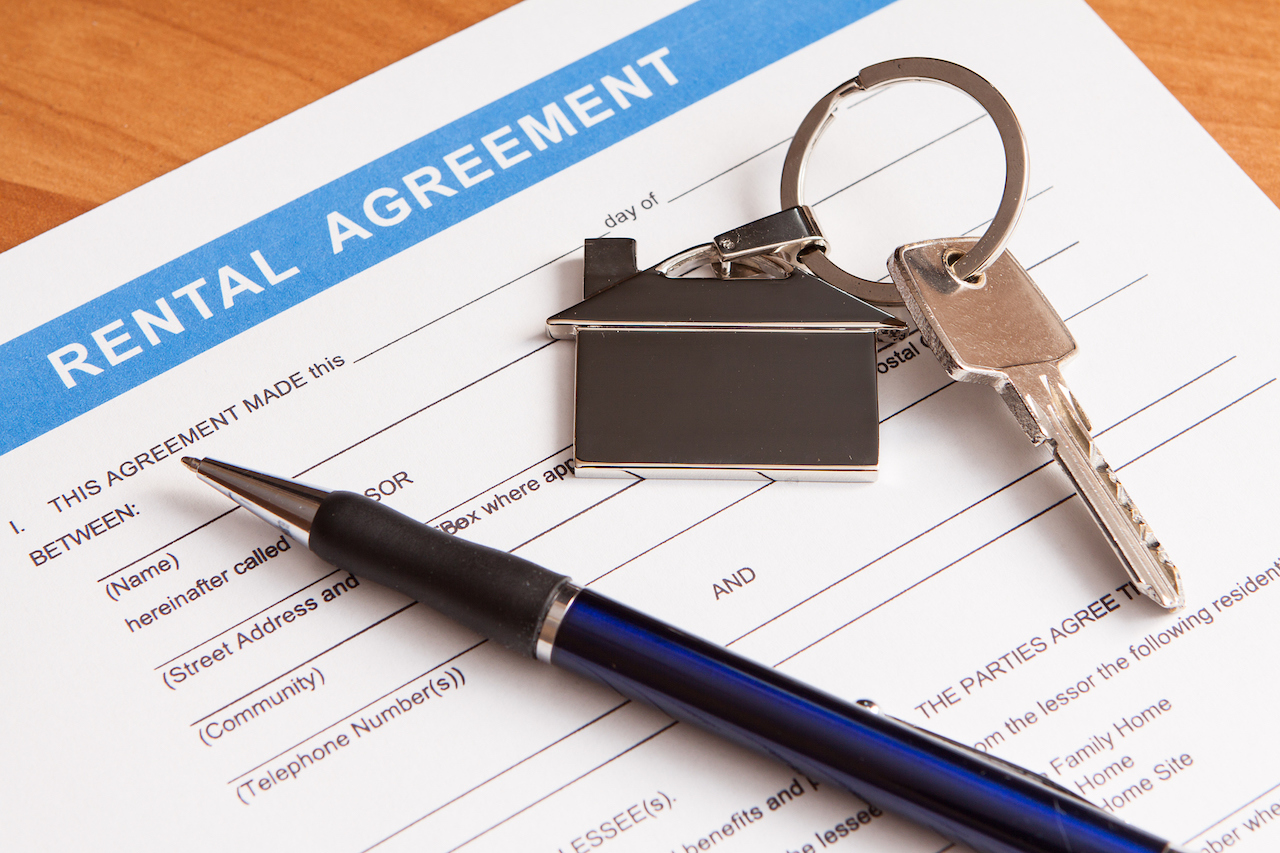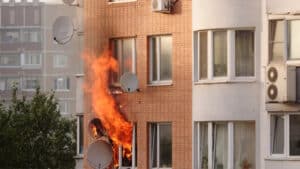
This week’s question comes from Maria in Fairfield who asks: “My mother rented an apartment on a month-to month basis. She gave the landlord first month, last month and two month’s security. She and the apartment manager had a dispute concerning my brother and his wife who came to stay for several days. They were noisy and upset the tenants. My mom had enough of her harassment and told the manager that she was going to move out.
She gave 30 days notice. She moved out before the thirty days and tried to schedule a walk-through to get her deposit back. The manager said that my mother could come back and clean the apartment and get her remaining items. The manager changed her position and told my mom she could not come back in to clean or get her things. She also said that she would not give my mother back her security deposit because there was a lot of damage. That’s not true.
Maria, thank you for raising this important issue. It is one I have touched on before, but your question provides the opportunity to do so again. California Civil Code Section 1950.5 governs the grounds under which security deposits may be collected, held, retained and returned. “Security” means any payment, fee, deposit, or charge, that is imposed at the beginning of the tenancy: to reimburse the landlord for costs associated with processing of a new tenant; that is imposed as an advance payment of rent; to compensate the landlord for non-payment of rent; to repair damages to the premises, exclusive of ordinary wear and tear; and/or for cleaning of the premises upon termination of the tenancy necessary to return the unit to the same level of cleanliness it was in at the beginning of the tenancy.
Section 1950.5 states that a landlord may not demand or receive security in an amount or value more than an amount equal to two months’ rent, in the case of unfurnished residential property, and an amount equal to three months’ rent, in the case of furnished residential property, in addition to any rent for the first month paid on or before initial occupancy. Therefore, the collection of four months rent in advance of moving in was unlawful.
The Code also requires that the landlord hold the security deposit for the benefit of the tenant. Within a reasonable time after notification of either party’s intention to terminate the tenancy, or before the end of the lease term, the landlord shall notify the tenant in writing of his or her option to request an initial inspection and of his or her right to be present at the inspection.
Pursuant to law, at a reasonable time, but no earlier than two weeks before the termination or the end of lease date, the landlord, or an agent of the landlord, shall, upon the request of the tenant, make an initial inspection of the premises prior to any final inspection the landlord makes after the tenant has vacated the premises. The purpose of the initial inspection shall be to allow the tenant an opportunity to remedy identified deficiencies, in order to avoid deductions from the security. The landlord shall give at least 48 hours’ prior written notice of the date and time of the inspection if either a mutual time is agreed upon, or if a mutually agreed time cannot be scheduled but the tenant still wishes an inspection.
After the pre-departure inspection the landlord shall give the tenant an itemized statement specifying repairs or cleanings that are proposed to be the basis of any deductions from the security the landlord intends to make. The tenant shall have the opportunity during the period following the initial inspection until termination
of the tenancy to remedy identified deficiencies not cured by the tenant. No later than 21 calendar days after the tenant has vacated the premises the landlord shall furnish the tenant, by personal delivery or by first-class mail, postage prepaid, a copy of an itemized statement indicating the basis for, and the amount of, any security received and the disposition of the security, and shall return any remaining portion of the security to the tenant.
Along with the itemized statement, the landlord shall also include copies of documents showing charges incurred and deducted by the landlord to repair or clean the premises. If the landlord or landlord’s employee did not do the work, the landlord shall provide the tenant a copy of the bill, invoice, or receipt supplied by the person or entity performing the work. The itemized statement shall provide the tenant with the name, address, and telephone number of the person or entity, if the bill, invoice, or receipt does not include that information.
If, within the statutory 21-calendar-day period, the landlord fails to provide the tenant with the requisite written accounting of the portion of the security deposit to be retained, the landlord must return the entire deposit to the tenant. The bad faith claim or retention by a landlord or the landlord’s successors in interest of the security or any portion thereof in violation of this section, or the bad faith demand of replacement security in may subject the landlord to statutory damages of up to twice the amount of the security, in addition to actual damages.
In short, the landlord should return the excess security deposit charged and, since he/she denied an inspection, all the remaining security deposit. I suggest that you provide this article to the landlord with a request for a full refund. If that does not work, I suggest that you find yourself a good trial lawyer with expertise in matters of landlord tenant law.










